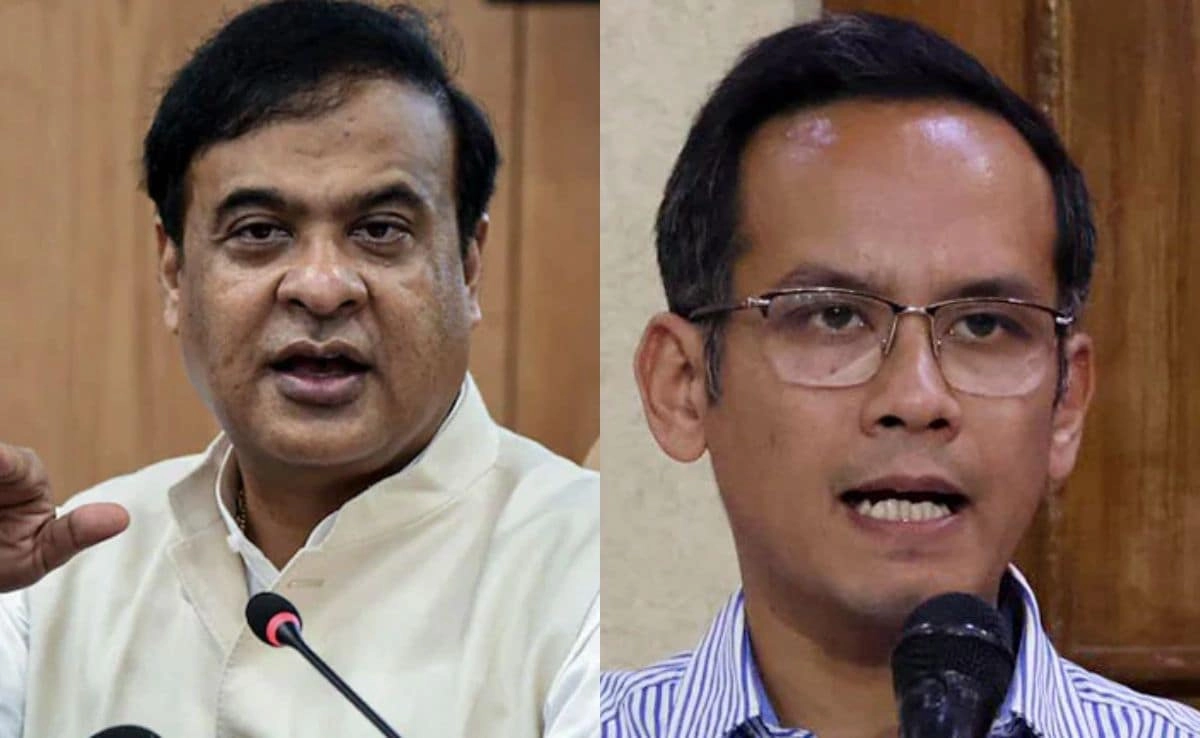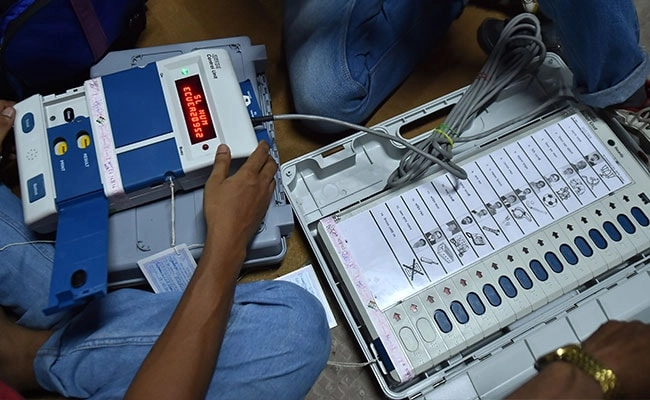The political landscape in Assam has recently been stirred by a sharp exchange of words between two prominent leaders, Himanta Sarma and Gaurav Gogoi. Sarma, the Chief Minister of Assam, accused Gogoi of receiving an “ISI invite,” a claim that suggests connections to foreign entities, particularly the Inter-Services Intelligence (ISI) of Pakistan. This accusation, laden with serious implications, reflects the ongoing tensions in Indian politics, where allegations of national security often surface in political discourse. Sarma’s statement is indicative of a broader strategy employed by some politicians to frame their opponents as threats to national integrity, thereby rallying public sentiment against them.
In a swift and biting response, Gaurav Gogoi, a member of the Indian National Congress and a prominent political figure in Assam, dismissed Sarma’s claims as “worse than a B-grade film.” This metaphor not only undermines the seriousness of Sarma’s allegations but also suggests that such charges are theatrical and lacking in substance. Gogoi’s retort highlights a growing trend in political rhetoric where leaders are increasingly using humor and sarcasm to deflect accusations and engage their supporters. By likening Sarma’s statements to a poorly made film, Gogoi seeks to portray the Chief Minister’s remarks as exaggerated and sensationalized, diverting attention from more pressing issues facing the state.
The interaction between Sarma and Gogoi underscores the polarized nature of contemporary Indian politics, where accusations can quickly escalate into fierce public confrontations. Each leader’s remarks resonate with their respective party bases, reflecting not only their political strategies but also the broader narrative of national security versus political rivalry. In this context, Gogoi’s response serves as a reminder that political leaders often navigate a complex landscape where every statement can be weaponized, and public perception plays a crucial role in shaping electoral outcomes.
As the situation unfolds, it remains to be seen how these exchanges will impact the political climate in Assam. The ongoing discourse around national security and political accountability will likely continue to dominate conversations, with each party striving to position itself as the defender of the state’s integrity. The use of dramatic rhetoric, as evidenced by Sarma’s charges and Gogoi’s rebuttal, may not only engage the electorate but also set the stage for future confrontations as the political stakes rise leading to elections.




